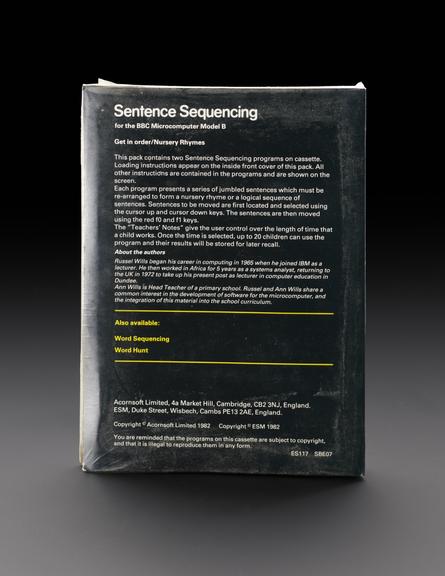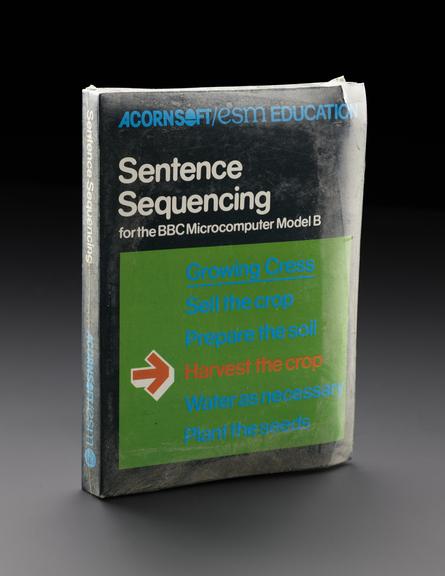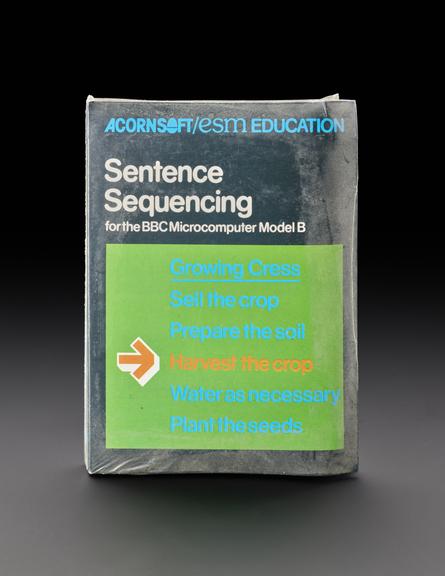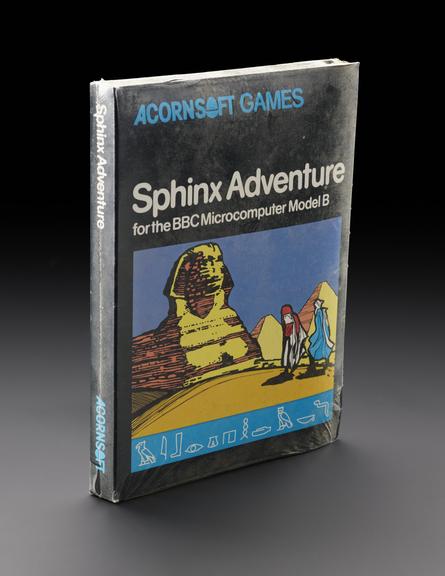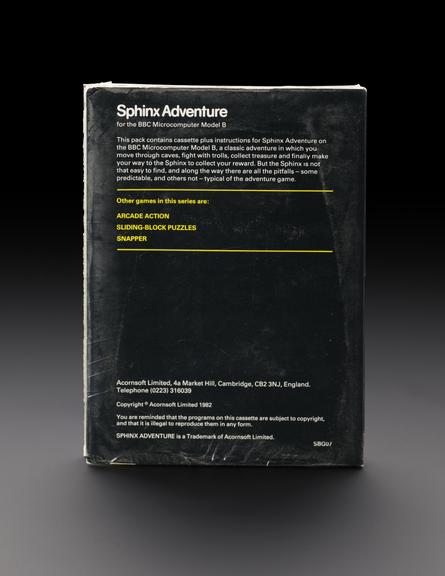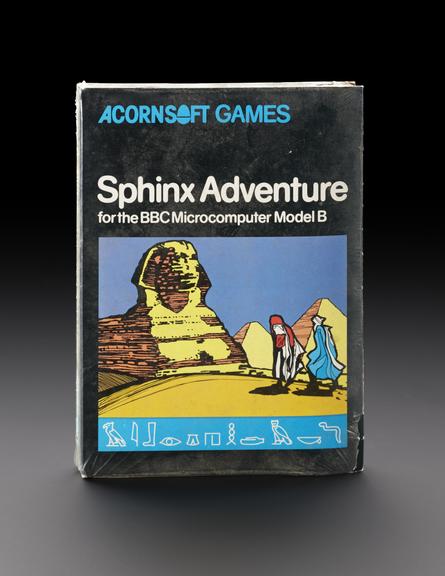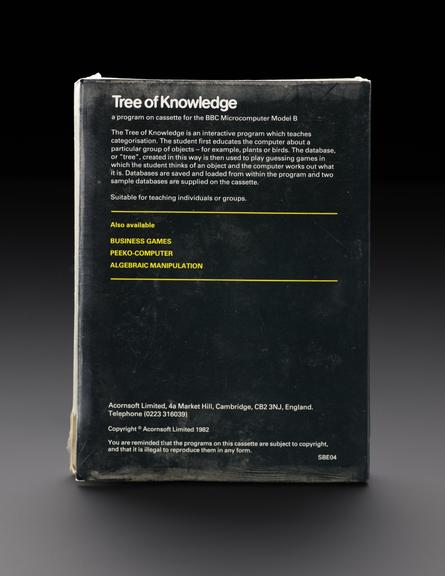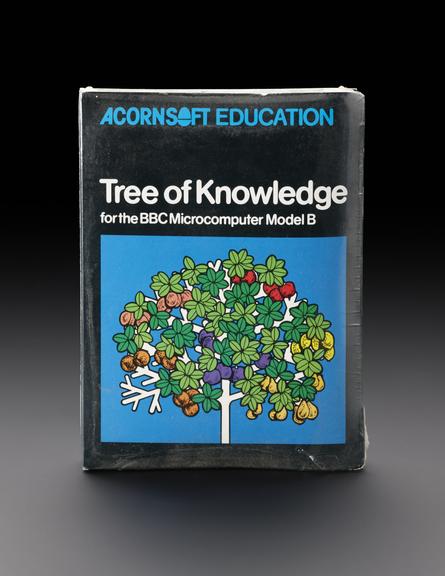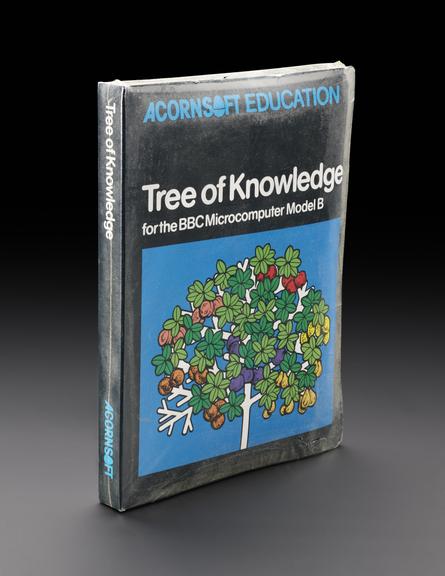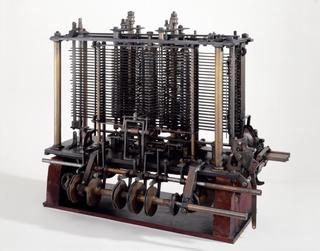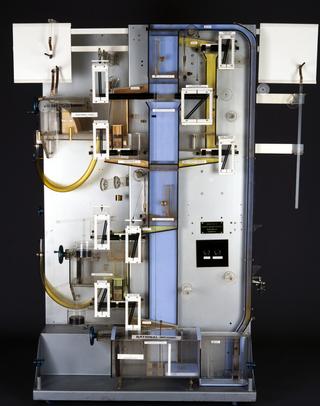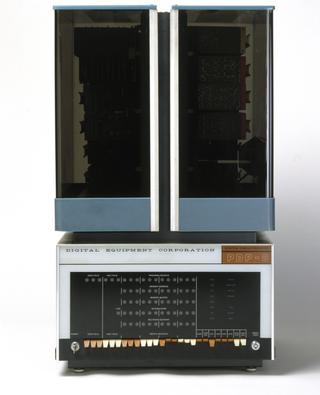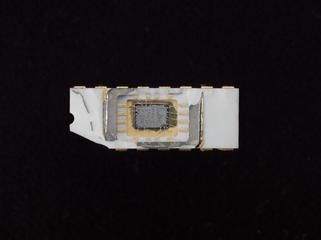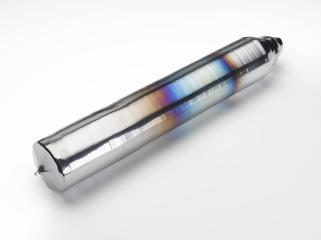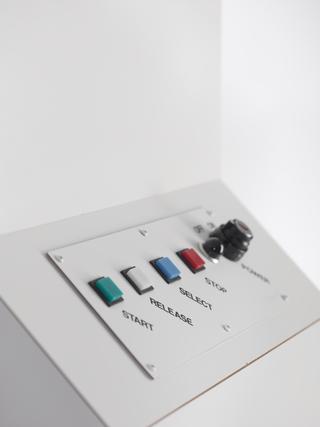'Sentence Sequencing' BBC Microcomputer B game
'Sentence Sequencing' educational game for BBC Microcomputer Model B, made by Acornsoft/ESM Education, UK, 1982
More
Acornsoft was the software arm of Acorn Computers, and a major software publisher for the BBC Microcomputer as part of the government supported BBC Computer Literacy Project. As well as games (arcade, text adventure and board games), they also produced many educational titles, extra computer languages and business and utility packages.
Between 1981 and 1994, around 80% of British schools had a BBC Microcomputer, and games like these introduced a generation of schoolchildren to computers and the creativity of programming.
‘Sentence Sequencing’ presents a series of jumbled sentences which must be rearranged to form a nursery rhyme or a logical sequence of sentences. This game came with teachers’ notes which give the user control over the length of time that a child works and could store the results of up to 20 children. This game was designed in collaboration with Russel Wills, a lecturer in computer education in Dundee and Ann Wills a primary school Head Teacher.
This game was donated by John Harrison, who ran the merchandising department of BBC Enterprises which licensed Acorn computers to make the BBC Microcomputer.
- Materials:
- plastic (unidentified) and metal (unknown)
- Object Number:
- 2022-289/1
- type:
- video games
- Image ©
- The Board of Trustees of the Science Museum
